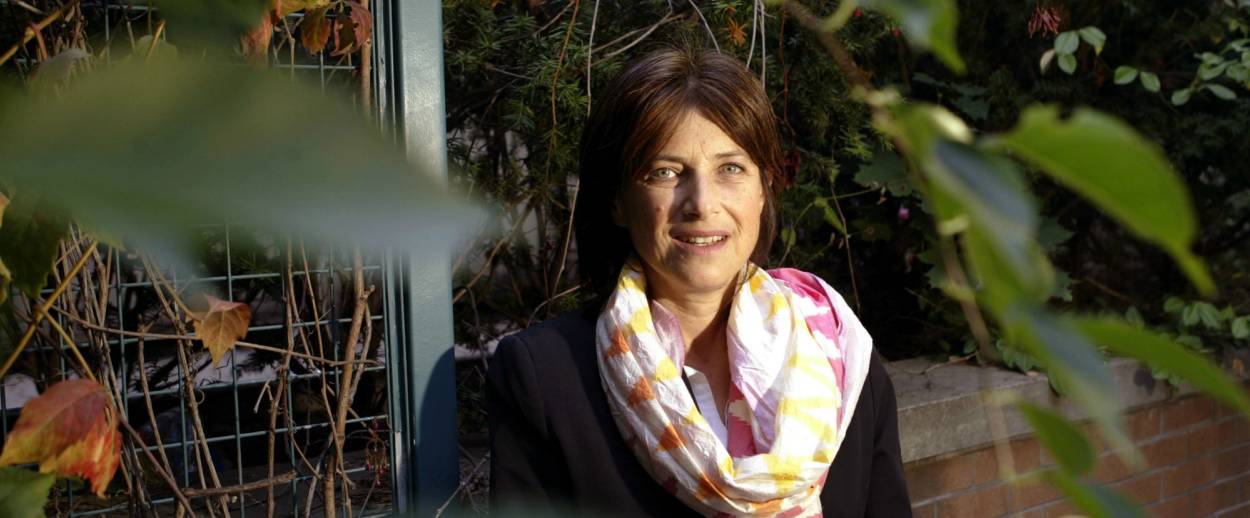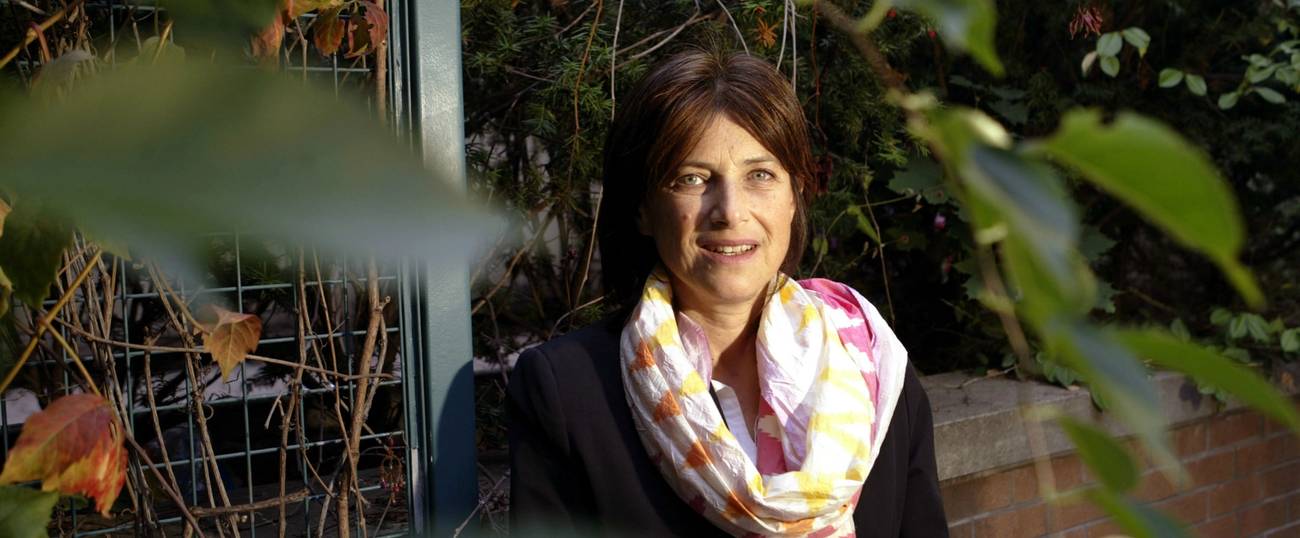Chantal Akerman (1950-2015)
The great French filmmaker died this week, just days before the New York Film Festival premiere of her portrait of her Auschwitz-survivor mother




One of the major film artists of our day, Chantal Akerman died suddenly in Paris, earlier this week. The cause of death has not been announced. Akerman is best-known for her 3.5 hour domestic epic Jeanne Dielman, 23 Quai de Commerce, 1080 Bruxelles, a monumental study of a housewife’s routine, made in 1975 when the filmmaker was 25.
Jeanne Dielman is not only a classic but a canonical film, a movie of tremendous force and originality—at once a film-object, a feminist manifesto, and a formalist masterpiece. Marked by a strong visual style and recurring personal interests, Akerman’s other work ranged from travelogue documentaries, made in New York, Israel, and on the US-Mexican border, to psychodramas to musical comedies. She created video installations, filmed an adaptation of Proust and made a movie on Jewish humor that was set in the shadow of the Williamsburg Bridge. Although less famous (or infamous) than Jeanne Dielman, these pieces make up an oeuvre that may be the most substantial of any filmmaker of her generation.
Akerman, whose parents were Polish Jews, grew up in Brussels with a strong if ambivalent secular Jewish identity that informed her work in sometimes mysterious ways. I served with her on a jury at the Jerusalem Film Festival in the late ‘90s and can attest to the pleasure she took in speaking Hebrew and also partying in Ramallah. She was a paradoxical personality, at once rootless and deeply rooted. Her last finished film, No Home Movie, was a portrait of her mother Natalia Akerman, a survivor of Auschwitz, who died in 2013.
Related: Phantom Memory
J. Hoberman was the longtime Village Voice film critic. He is the author, co-author, or editor of 12 books, including Bridge of Light: Yiddish Film Between Two Worlds and, with Jeffrey Shandler, Entertaining America: Jews, Movies, and Broadcasting.